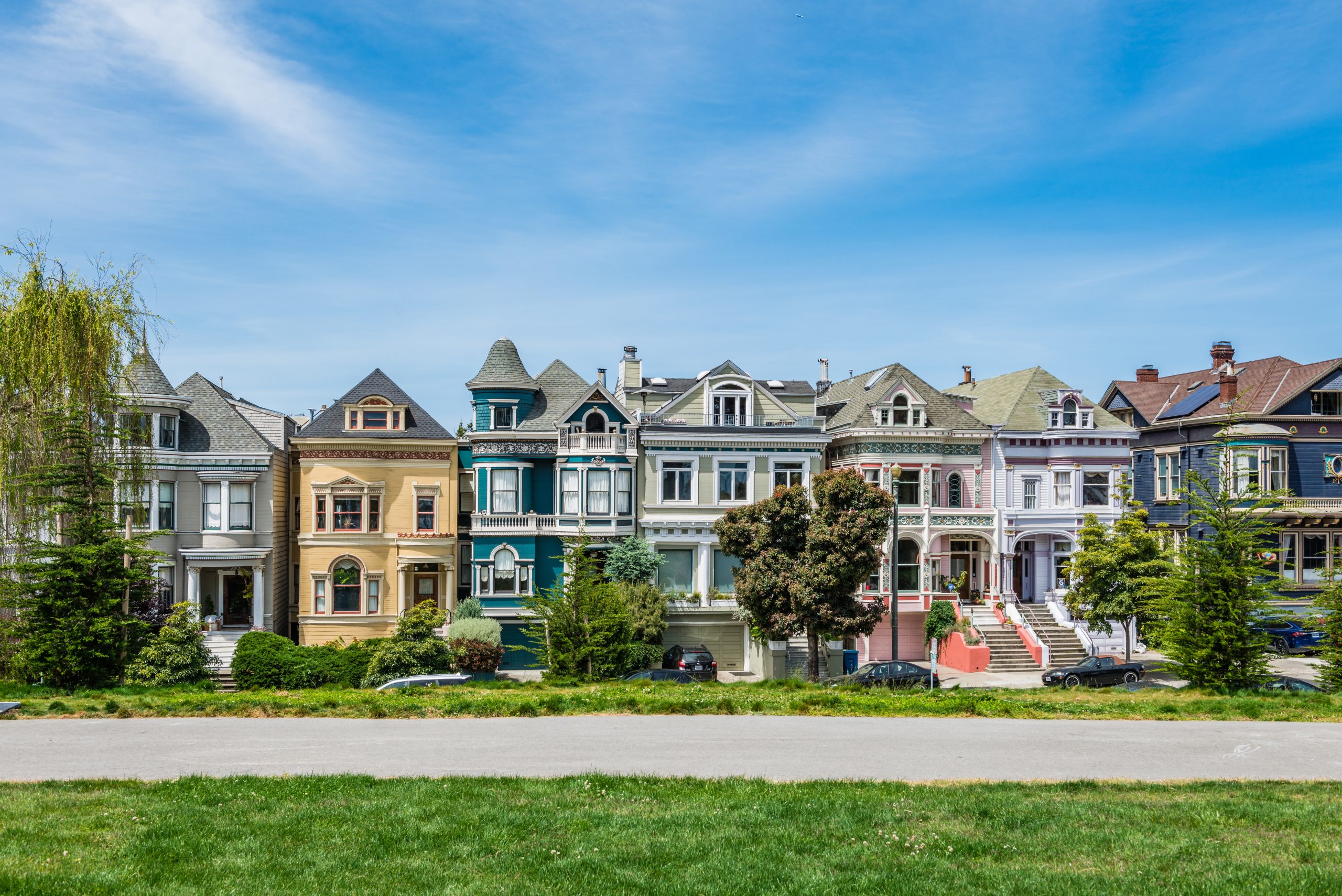San Francisco policy-makers continue to scrutinize the size of dwellings in an attempt to manage affordability and housing stock. Merits aside, policy-makers have expressed a consistent concern about demolitions, expansions, and new large-home construction. The latest measure is an ordinance introduced last month by Supervisor Rafael Mandelman (District 8), whose district includes the Castro, Noe Valley, Glen Park, and Bernal Heights.
Planning Code Section 317 already requires a conditional use authorization for residential demolitions, mergers, and removals. Supervisor Mandelman’s proposal would discourage residential units over 2,500 square feet by requiring, with some limited exceptions, a conditional use for them in RH (residential, house) zoning districts:
Expansions
- On a developed lot where no existing dwelling unit exceeds 2,500 square feet of gross floor area, expansion of the residential use that would result in an increase of more than 50% of gross floor area to any dwelling unit or would result in a dwelling unit exceeding 2,500 square feet of gross floor area, except where the total increase of gross floor area of any existing dwelling unit is not more than 10%.
- On a developed lot where any existing dwelling unit exceeds 2,500 square feet of gross floor area, expansion of the residential use that would result in an increase of more than 10% of gross floor area of any dwelling unit.
New Construction
- Residential development on a vacant lot, or demolition and new construction, where the development would result in only one dwelling unit on the lot or would result in any dwelling unit with a gross floor area exceeding 2,500 square feet.
New Conditional Use Criteria
In addition to the standard conditional use criteria, the Planning Commission must consider the following new criteria:
- the property’s historic preservation status;
- whether additional dwelling units are added;
- whether the proposed development preserves or enhances the existing neighborhood character by retaining existing design elements;
- whether the development proposes to remove more than 50% of the existing front façade; and
- whether the project removes rent control units.
Exceptions
The legislation would except developments from the new conditional use authorization requirement where a complete development application was submitted before February 2, 2021. The legislation would also except developments that increase the number of dwelling units on the lot provided that no dwelling unit exceeds 2,500 square feet of gross floor area as a result of the development, no proposed dwelling unit is less than one third the gross floor area of the largest dwelling unit resulting on the lot, and that neither the property or any existing structure on the property: (i) is listed on or formally eligible for listing in the California Register of Historic Resources; (ii) has been adopted as a local landmark or a contributor to a local historic district under Articles 10 or 11 of the Planning Code; or (iii) has been determined to appear eligible for listing in the California Register of Historic Resources.
The legislation has been referred to the Planning Department for review and consideration by the Planning Commission. To date, there is no estimate of how many projects would be affected by this requirement in a typical year, how many hours of staff time it would take to process them, or how the volume of new conditional uses would affect backlogs for all projects. No hearing date has been set for the Commission to consider the legislation, but we will continue to monitor and keep readers informed.
Authored by Reuben, Junius & Rose, LLP Attorney Thomas P. Tunny.
The issues discussed in this update are not intended to be legal advice and no attorney-client relationship is established with the recipient. Readers should consult with legal counsel before relying on any of the information contained herein. Reuben, Junius & Rose, LLP is a full service real estate law firm. We specialize in land use, development and entitlement law. We also provide a wide range of transactional services, including leasing, acquisitions and sales, formation of limited liability companies and other entities, lending/workout assistance, subdivision and condominium work.


